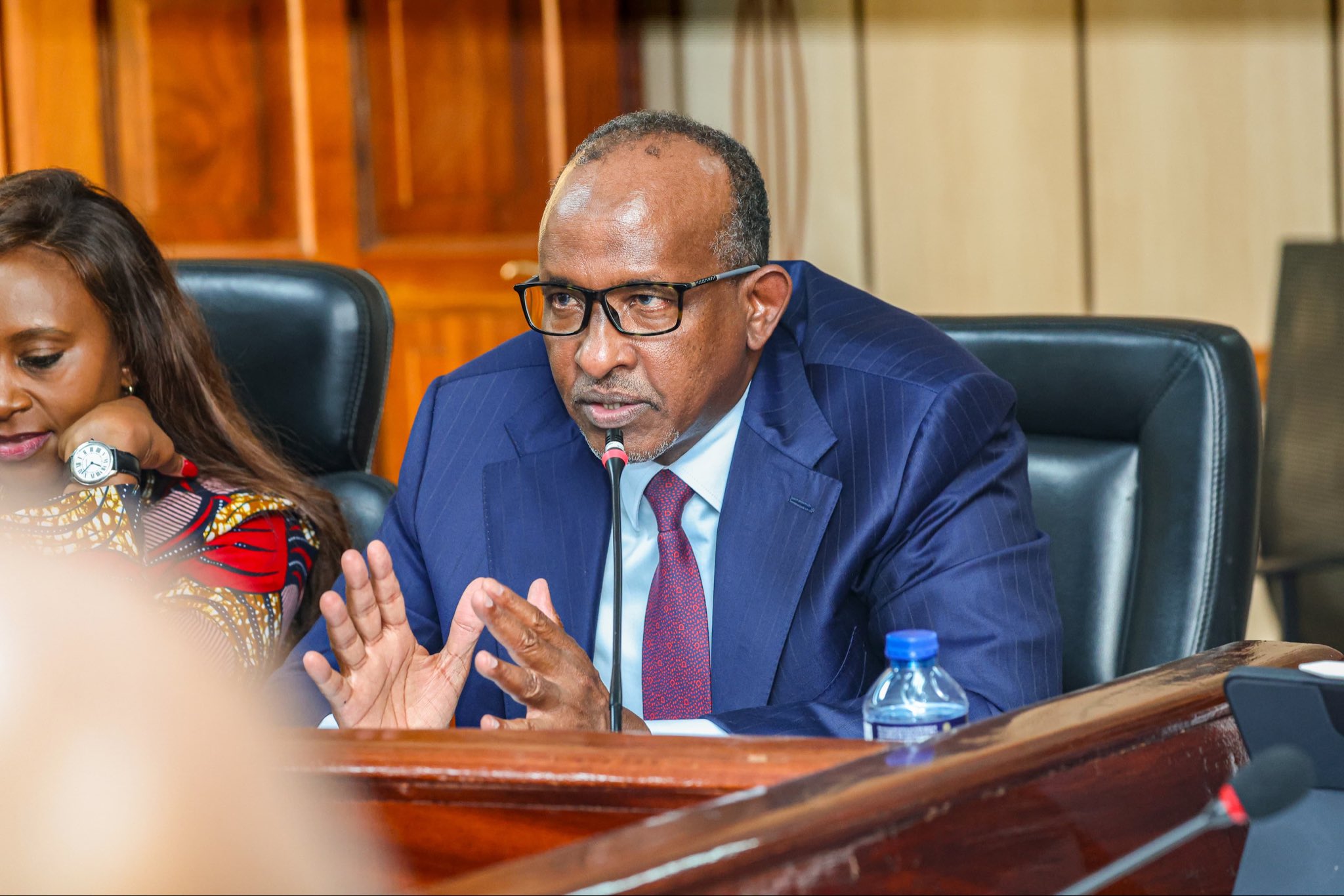According to the Kenya National Bureau of Statistics (KNBS), out-of-pocket spending on healthcare has risen by nearly 20% over the past three years. For families already struggling with high costs of food, rent, and transport, medical expenses are stretching budgets to the breaking point
By TWV Team
Healthcare in Kenya is fast becoming a luxury many households can no longer afford, as rising medical bills force families to make agonising choices between treatment and survival. Experts warn that without urgent reforms, the situation could widen health inequalities and push more Kenyans into poverty.
According to the Kenya National Bureau of Statistics (KNBS), out-of-pocket spending on healthcare has risen by nearly 20% over the past three years. For families already struggling with high costs of food, rent, and transport, medical expenses are stretching budgets to the breaking point.
“We now spend almost half our income on hospital bills,” says Mary Atieno, a mother of three from Nairobi. “When my youngest child developed asthma, we had to cut school fees to afford medication. It’s painful as a parent to choose between education and healthcare.”
General practitioners in Nairobi say many patients are delaying hospital visits until their conditions become severe. ‘We are seeing late diagnoses of illnesses because families wait too long,’ one doctor said. ‘By the time they come, treatment is more expensive, and outcomes are worse.’
To address escalating costs, the government introduced the Social Health Insurance Fund (SHIF) to replace the National Health Insurance Fund (NHIF), aiming to improve healthcare access by reducing out-of-pocket costs. However, many Kenyans remain sceptical about its effectiveness. A motorcycle taxi driver, commonly known as a boda boda rider, in Nairobi says hospitals still demand cash deposits before treatment.
“These insurance schemes look good on paper, but medicines are costly, and hospitals want cash upfront. They don’t help in emergencies,” he says. A World Health Organization (WHO) report paints a grim picture, revealing that nearly 1 in 5 Kenyan households risk poverty due to catastrophic healthcare spending. The burden is heavier for rural families, who often travel long distances for basic medical services.
Experts argue that long-term solutions lie in preventive and community-based health programmes. Dr John Mwangi, a public health expert, emphasises that prevention is both cheaper and more effective. “Investing in vaccinations, regular check-ups, and lifestyle awareness can reduce costly emergency cases,” he says.
Civil society groups urge the government to increase funding for public hospitals, arguing that healthcare is a basic right, not a privilege. Faith Njeri, a Nairobi-based health activist, passionately argues, “No Kenyan should have to choose between food and medicine.
The state has a moral and constitutional duty to ensure affordable, quality healthcare for all.” As costs rise and families struggle, Kenya’s healthcare system stands at a crossroads. Whether SHIF delivers on its promise or becomes another unfulfilled policy will shape the health and dignity of millions of Kenyans.





